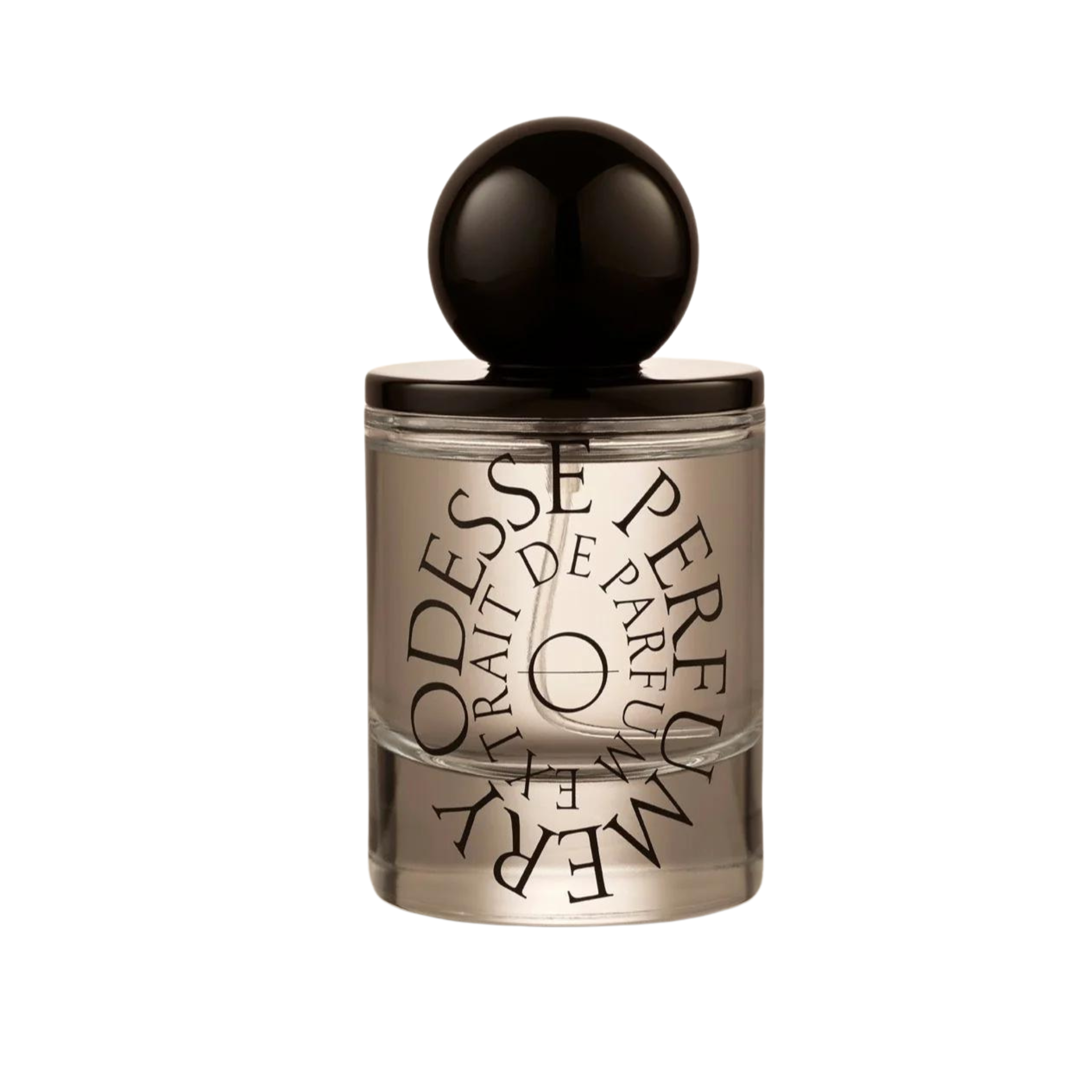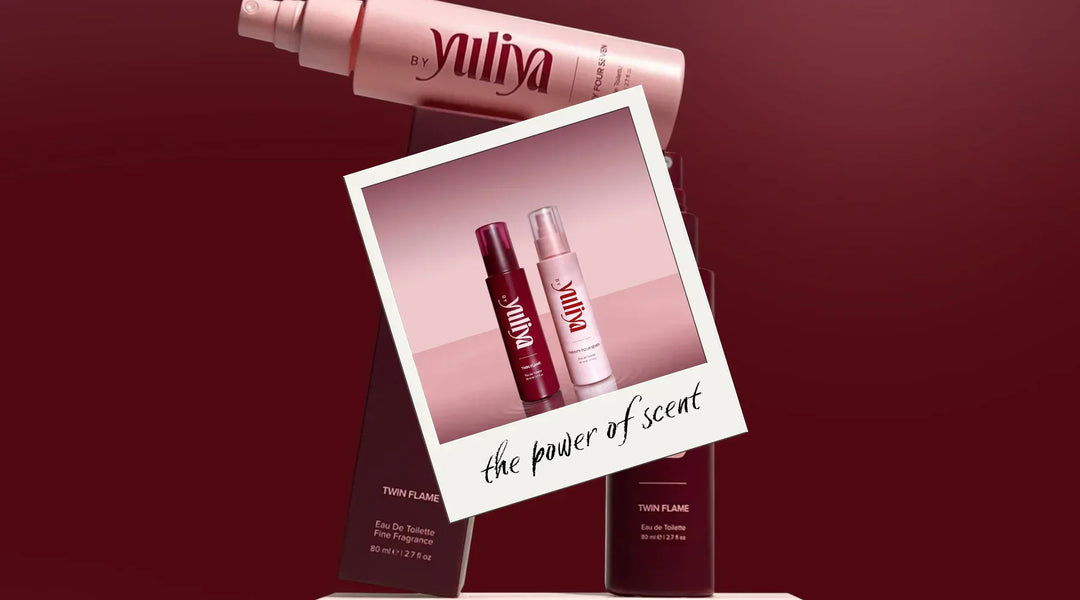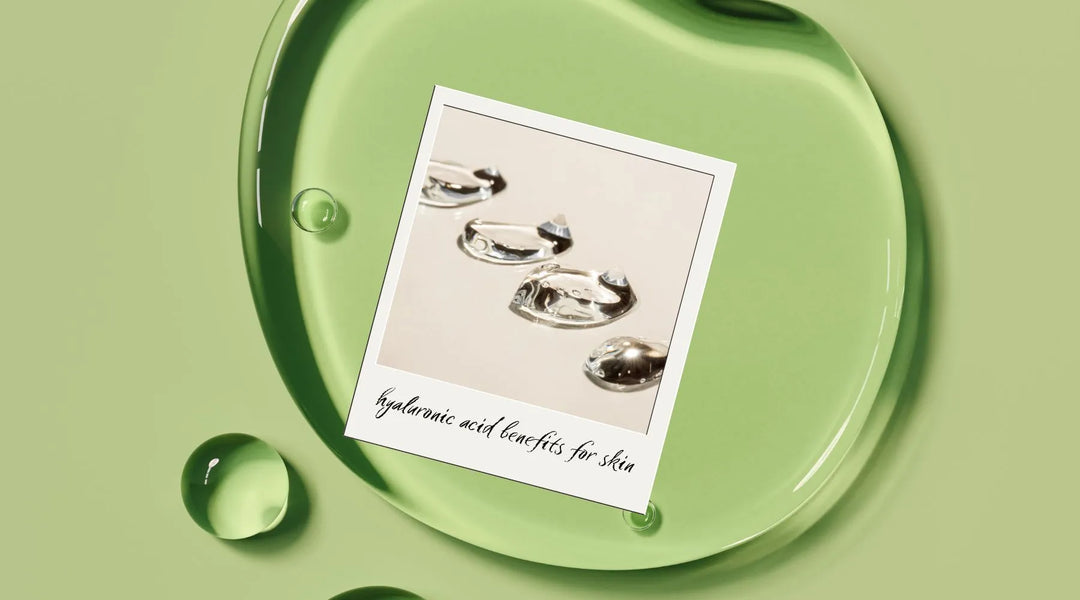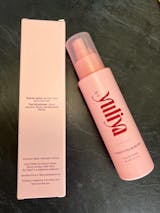Hydrating Skincare Products for Dry Skin
Dry skin can be uncomfortable, often leading to flakiness, irritation and a dull complexion. When your skin is dehydrated, it loses its ability to function properly, making it more susceptible to damage and the early signs of ageing.
Hydrating your skin effectively is essential to restore its moisture balance, strengthen its barrier and improve its overall appearance. This article will guide you through the best practices for hydrating dry skin and the types of products that can deliver long-lasting moisture.
Understanding Dry Skin
Dry skin occurs when the skin lacks adequate moisture in its outer layer, known as the stratum corneum. This can be due to several factors:
- Environmental conditions: Cold weather, low humidity, and harsh winds can strip moisture from your skin.
- Over-cleansing: Using harsh cleansers or over-exfoliating can remove your skin’s natural oils, leading to dryness.
- Ageing: As we age, the skin’s natural oil production decreases, making it harder to retain moisture.
- Underlying conditions: Certain skin conditions like eczema or psoriasis can cause excessive dryness.
To address dry skin, it’s important to focus on products that restore moisture, lock it in, and repair the skin’s natural barrier.
Gentle, Hydrating Cleansers
A good hydrating skincare routine starts with the right cleanser. Many foaming cleansers or harsh soaps can strip the skin of its natural oils, exacerbating dryness. For dry skin, it’s essential to choose a gentle, hydrating cleanser that cleanses without stripping away moisture.
Look for cleansers with ingredients like:
- Glycerin: A humectant that attracts moisture to the skin.
- Ceramides: These are lipids that help repair the skin barrier and lock in hydration.
- Hyaluronic acid: A moisture-binding ingredient that helps your skin retain water.
Cream-based or oil-based cleansers can be particularly effective for dry skin, as they cleanse while nourishing the skin and maintaining its moisture balance.

This lightweight gel transforms into a soft lather, effectively cleansing pores and makeup. Suitable for all skin types, this non-drying, non-stripping cleanser is gentle enough for the delicate eye area. Packed with skin-loving aloe vera and cucumber, it helps to soothe and calm your skin.
Hydrating Toners and Essences
After cleansing, using a hydrating toner or essence can replenish moisture and prepare the skin to absorb the next layers of products. Toners for dry skin should focus on adding hydration rather than removing excess oil or tightening pores.
Look for toners with ingredients such as:
- Hyaluronic acid: This popular humectant is excellent for drawing moisture into the skin.
- Aloe vera: Known for its soothing and hydrating properties, aloe vera is ideal for calming dry, irritated skin.
- Glycerin and rose water: These help to keep the skin soft and hydrated.
Essences, which are lightweight, watery products, can also be a fantastic addition to a hydrating routine. They provide an extra layer of hydration and can enhance the absorption of your moisturiser and serum.
Serums with Hydrating Ingredients
Serums are typically lightweight but packed with active ingredients, making them a great way to deliver concentrated hydration deep into the skin. For dry skin, hydrating serums can make a significant difference, helping to plump and nourish the skin at a deeper level.
When shopping for serums for dry skin, consider these ingredients:
- Hyaluronic Acid: This superstar ingredient holds up to 1,000 times its weight in water, making it one of the best hydrating ingredients available.
- Vitamin B5 (Panthenol): This ingredient helps the skin retain moisture and has soothing properties that are beneficial for dry, irritated skin.
- Squalane: A lightweight, non-comedogenic oil that mimics the skin’s natural sebum, providing moisture without a greasy feel.
- Niacinamide: While more commonly known for balancing oil production, niacinamide can also strengthen the skin barrier and reduce water loss.
Apply your serum on damp skin to maximise its absorption and hydration benefits.
Moisturisers with Occlusives and Emollients
The most important step in hydrating dry skin is applying a good moisturiser that seals in moisture and repairs the skin barrier. Moisturisers for dry skin should contain a mix of humectants (to attract water), emollients (to smooth the skin), and occlusives (to lock in moisture).
Key moisturising ingredients to look for include:
- Ceramides: These naturally occurring lipids help repair and maintain the skin’s barrier, preventing water loss.
- Shea butter: An emollient that softens and smooths the skin while locking in moisture.
- Hyaluronic Acid: Continues to draw moisture into the skin throughout the day.
- Glycerin: Another excellent humectant that attracts moisture to the outer layer of the skin.
- Squalane and fatty acids: These mimic the skin’s natural oils, helping to keep the skin hydrated and balanced.
If you have extremely dry skin, opt for a thicker, richer cream, especially at night, when your skin is in repair mode. A balm or ointment with occlusive ingredients like petrolatum can help prevent water loss overnight.
Hydrating Face Oils
Face oils can be a wonderful addition to your routine, especially in the evening. Oils act as occlusives, sealing in the hydration from your serums and moisturisers. For dry skin, using the right oil can provide additional nourishment and protection from moisture loss.
Some of the best oils for dry skin include:
- Squalane oil: Lightweight and non-greasy, squalane mimics the skin’s natural oils and is excellent for locking in moisture.
- Rosehip oil: Rich in fatty acids and antioxidants, rosehip oil helps repair and hydrate dry skin.
- Jojoba oil: Closely resembles the skin’s own sebum and can help balance moisture levels without clogging pores.
- Argan oil: A hydrating oil rich in Vitamin E and fatty acids, ideal for soothing and moisturising dry skin.
Oils should be applied after your moisturiser to seal in hydration and create a protective barrier.
Overnight Masks and Treatments
For an extra boost of hydration, consider using an overnight mask once or twice a week. These masks are designed to deeply nourish the skin while you sleep, providing intense hydration and repair during your skin’s natural regeneration process.
Look for masks with:
- Hyaluronic acid: For long-lasting hydration.
- Glycerin and urea: Both powerful humectants that draw moisture into the skin.
- Centella asiatica (Cica): A soothing ingredient that repairs the skin barrier and calms irritation.
Overnight masks often have a richer, thicker texture, helping to seal in moisture and leave your skin feeling soft and plump by morning.
Sunscreen for Daily Protection
Even dry skin needs protection from the sun, as UV exposure can worsen dehydration, cause premature ageing, and weaken the skin barrier. Look for sunscreens that offer broad-spectrum protection and are hydrating without leaving a greasy or heavy residue.
Some sunscreens formulated for dry skin contain ingredients like:
- Hyaluronic acid: For added hydration.
- Ceramides: To support the skin barrier.
- Antioxidants: To protect the skin from environmental damage.
Make sunscreen the final step in your morning routine to ensure your skin stays protected and hydrated throughout the day.
Avoid Common Mistakes
There are a few common mistakes that can worsen dry skin, even if you’re using hydrating products. Be mindful of the following:
- Avoid hot showers: Hot water can strip the skin of its natural oils. Stick to lukewarm water when cleansing your face or showering.
- Don’t over-exfoliate: While exfoliating can help remove dead skin cells, overdoing it can damage the skin barrier and lead to more dryness. Stick to gentle exfoliants and use them sparingly.
- Use a humidifier: Dry air, especially during winter or in air-conditioned environments, can strip moisture from your skin. A humidifier can help add moisture back into the air and keep your skin hydrated.
Managing dry skin is all about layering hydrating products that nourish, protect, and repair your skin’s moisture barrier. By incorporating gentle cleansers, hydrating toners, serums, moisturisers, and oils into your routine, you can restore your skin’s hydration levels and achieve a softer, smoother complexion. Consistency and choosing the right products for your skin type are key to keeping dry skin under control.










Leave a comment